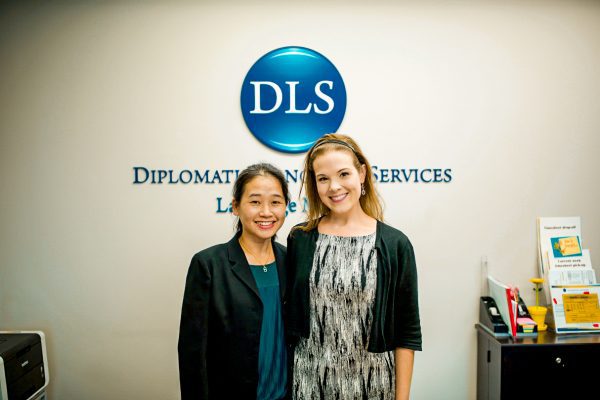So, you’d like to teach your native language but you don’t have a degree or certificate in teaching. Will you have to go back to school before pursuing a career as a teacher? The short answer to this question is no. For schools like Diplomatic Language Services, you don’t need a specific teaching degree to become an instructor. What do you need, then? While there is no set formula for becoming a career language instructor, there are certain qualifications schools generally look for:
Experience
This one may seem like a no-brainer, but it’s important to think about. For many of DLS’s instructor positions, 1-2 years of formal language instruction – preferably to adult learners – is required. If you don’t have that, there are ways to gain such experience. Many community-based language schools in the metro DC area hire part-time instructors without formal teaching experience. You can also try advertising your tutoring services on Craigslist or other community sites. And connect with your local social service organizations, as they may have volunteer opportunities for those interested in teaching. Finally, let DLS know that you’re interested. It’s always helpful to establish communication with us so we can keep you in mind for opportunities.
Education
While certain positions do require a Bachelor’s degree, a lack of formal, higher education will not necessarily preclude you from teaching. Many opportunities place experience above education, so don’t be afraid to ask.
The Intangibles
Certain intangible traits are key elements in becoming a successful language instructor.
- Flexibility – as a language instructor, you will work with a wide variety of student personalities and learning styles. Having the flexibility to tailor how you teach each student will greatly benefit both you and the student.
- Adaptability – working with a school like DLS, you may teach students from a range of professional backgrounds. As such, each student will have different specific needs and goals. Be ready to adjust your teaching style and pace accordingly.
- Technology savvy – you don’t need to be a techno whiz to be a successful instructor, but knowing the basics and having the flexibility to learn new systems and classroom technologies will open you up to more opportunities.
- Willingness to Learn – you may be the instructor, but we all have room for improvement. Being open to attending DLS workshops and trainings, listening to and learning from any student feedback, and being attentive to new developments in classroom technologies, classroom management techniques, etc. will only enhance your experience and qualifications!



